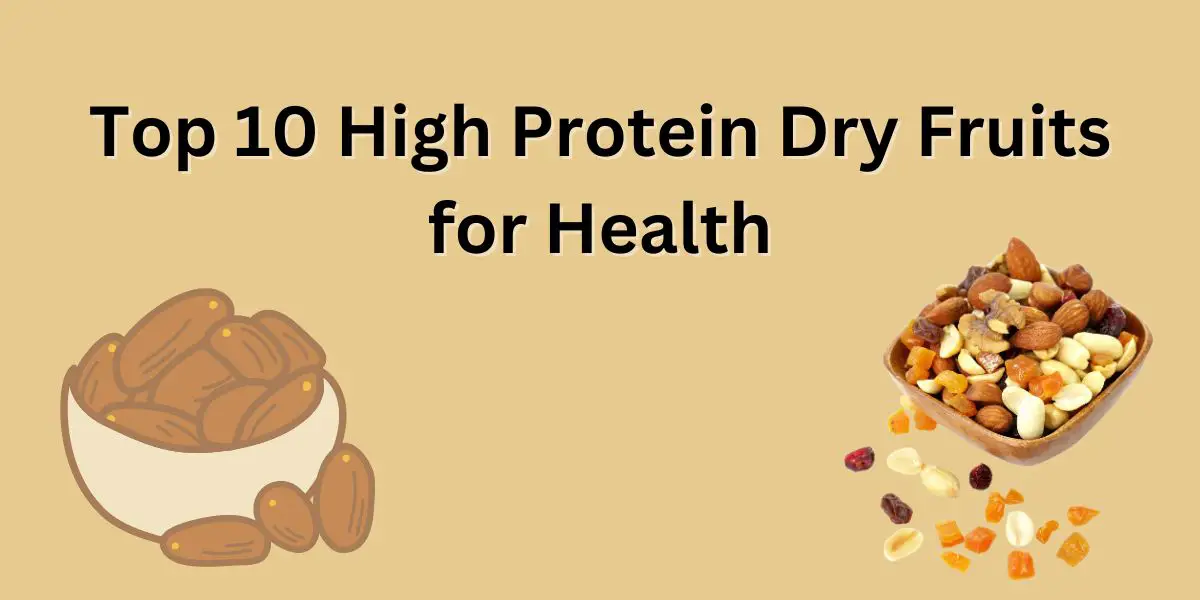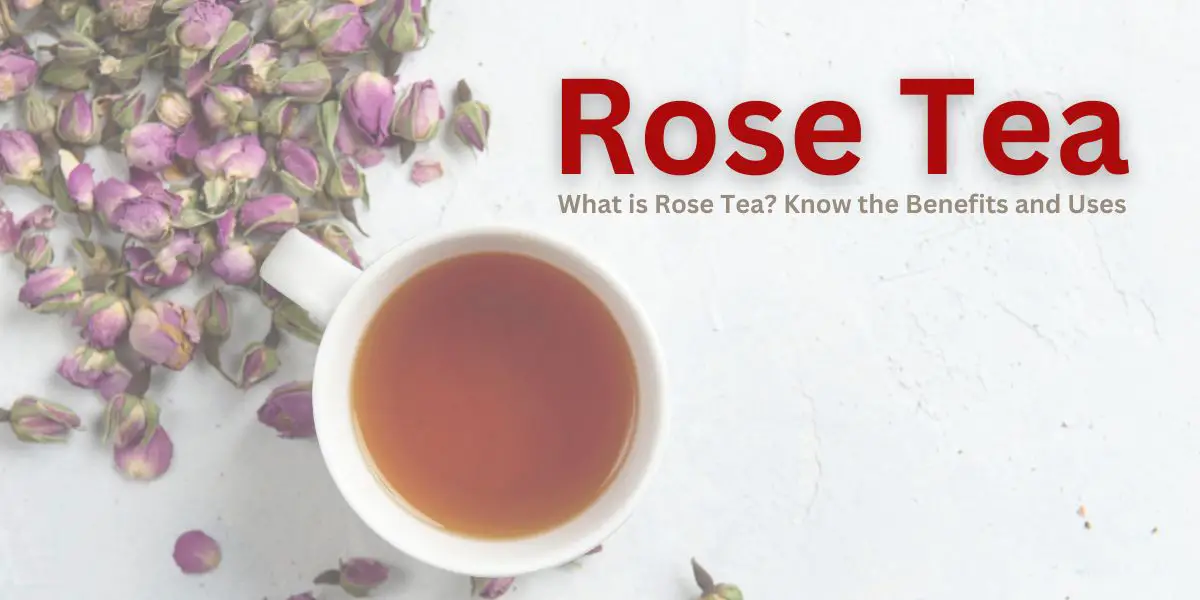High-protein dry fruits refer to dried fruits that are particularly rich in protein content. These fruits undergo a drying process to remove their water content, resulting in a concentrated form of nutrients, including proteins. While fresh fruits are generally known for their natural sugars and vitamins, certain dried fruits stand out for their higher protein levels.
Common high-protein dry fruits include almonds, pistachios, cashews, walnuts, Brazil nuts, peanuts, dried apricots, dried figs, raisins, and dates. These dried fruits not only provide a convenient and portable snack option but also offer a good source of plant-based protein.
Here are the list of Important Dry Fruits
1. Almonds
- Protein Content: Almonds are a good source of protein, providing about 6 grams per ounce.
- Health Benefits: Rich in antioxidants, vitamin E, and healthy fats, almonds contribute to heart health and may help lower bad cholesterol.
2. Pistachios
- Protein Content: Pistachios contain around 6 grams of protein per ounce.
- Health Benefits: They are rich in antioxidants, fiber, and healthy fats, promoting heart health and aiding in weight management.
3. Cashews
- Protein Content: Cashews offer about 5 grams of protein per ounce.
- Health Benefits: Cashews are a good source of iron, magnesium, and zinc, contributing to immune function and overall well-being.
4. Walnuts
- Protein Content: Walnuts provide about 4 grams of protein per ounce.
- Health Benefits: High in omega-3 fatty acids, walnuts support brain health and are associated with improved heart health.
5. Brazil Nuts
- Protein Content: Brazil nuts contain approximately 4 grams of protein per ounce.
- Health Benefits: Rich in selenium, brazil nuts support thyroid function and have antioxidant properties.
Also Read: What Is Rose Tea? Know the Benefits and Uses
6. Peanuts
- Protein Content: Peanuts are relatively high in protein, offering around 7 grams per ounce.
- Health Benefits: Peanuts are a good source of monounsaturated fats, promoting heart health, and also provide essential nutrients like vitamin E and magnesium.
7. Dried Apricots
- Protein Content: Dried apricots provide about 1 gram of protein per ounce.
- Health Benefits: Rich in fiber, potassium, and vitamin A, dried apricots support digestive health and may help maintain healthy skin.
8. Dried Figs
- Protein Content: Dried figs contain around 3 grams of protein per ounce.
- Health Benefits: Figs are a good source of dietary fiber, promoting digestive health, and also provide essential minerals like calcium and potassium.
9. Raisins
- Protein Content: Raisins offer about 1 gram of protein per ounce.
- Health Benefits: Raisins are rich in iron, fiber, and antioxidants, supporting iron levels and overall health.
10. Dates
- Protein Content: Dates provide around 2 grams of protein per ounce.
- Health Benefits: High in natural sugars, dates offer a quick energy boost and are a good source of potassium and fiber.
Incorporating a variety of these high-protein dry fruits into your diet can contribute to a well-rounded nutritional profile and support overall health. However, it’s essential to consume them in moderation as they are calorie-dense.
Also Read: What Is Kokum Butter? Know the Nutritional benefits
Frequently Asked Questions (FAQs)
Q1: How can high-protein dry fruits benefit a vegetarian or vegan diet?
A: High-protein dry fruits serve as an excellent source of plant-based protein for individuals following vegetarian or vegan lifestyles. Including a variety of these fruits in the diet helps meet protein requirements and ensures a well-rounded nutritional profile without relying on animal-based sources.
Q2: Are there any health considerations when consuming high-protein dry fruits?
A: While high-protein dry fruits offer numerous health benefits, it’s crucial to consume them in moderation due to their calorie density. Additionally, individuals with nut allergies should be cautious and consult a healthcare professional. Always consider your overall diet and adjust portion sizes accordingly.
Q3: Can high-protein dry fruits help with weight management?
A: Yes, high-protein dry fruits can aid in weight management. The protein content helps promote a feeling of fullness, reducing the likelihood of overeating. Additionally, the combination of protein and healthy fats in these fruits provides sustained energy, making them a satisfying and wholesome snack.
Q4: Are high-protein dry fruits suitable for individuals with diabetes?
A: In moderation, high-protein dry fruits can be part of a balanced diet for individuals with diabetes. However, it’s essential to monitor portion sizes due to their natural sugar content. Consulting with a healthcare professional or a nutritionist can help determine the appropriate serving sizes to manage blood sugar levels effectively.
Q5: Are there any specific nutrients, besides protein, that high-protein dry fruits provide?
A: Yes, high-protein dry fruits offer a range of nutrients. Almonds, for example, are rich in vitamin E and healthy fats, while dried apricots provide fiber, potassium, and vitamin A. Including a variety of these fruits ensures you receive a mix of essential vitamins, minerals, and antioxidants.



